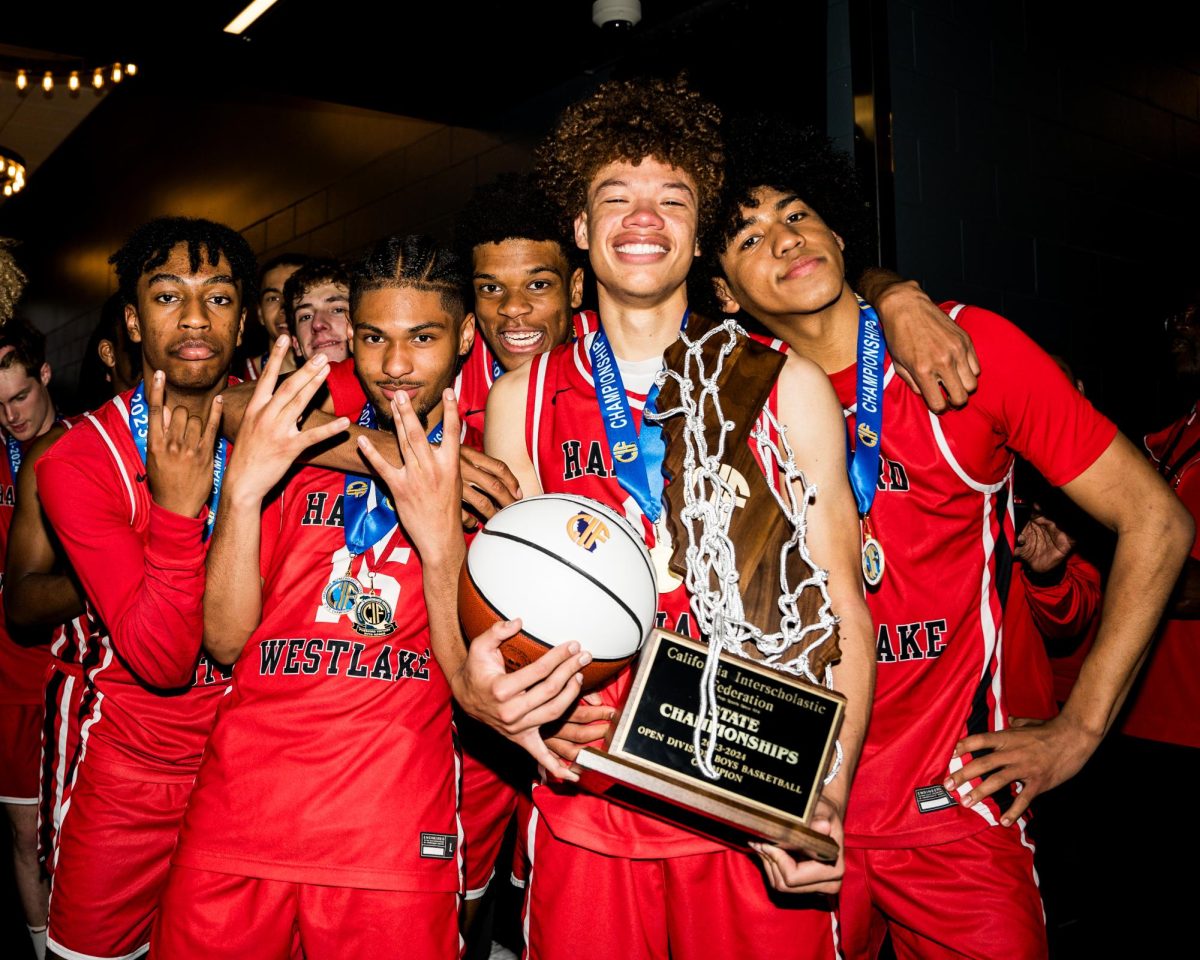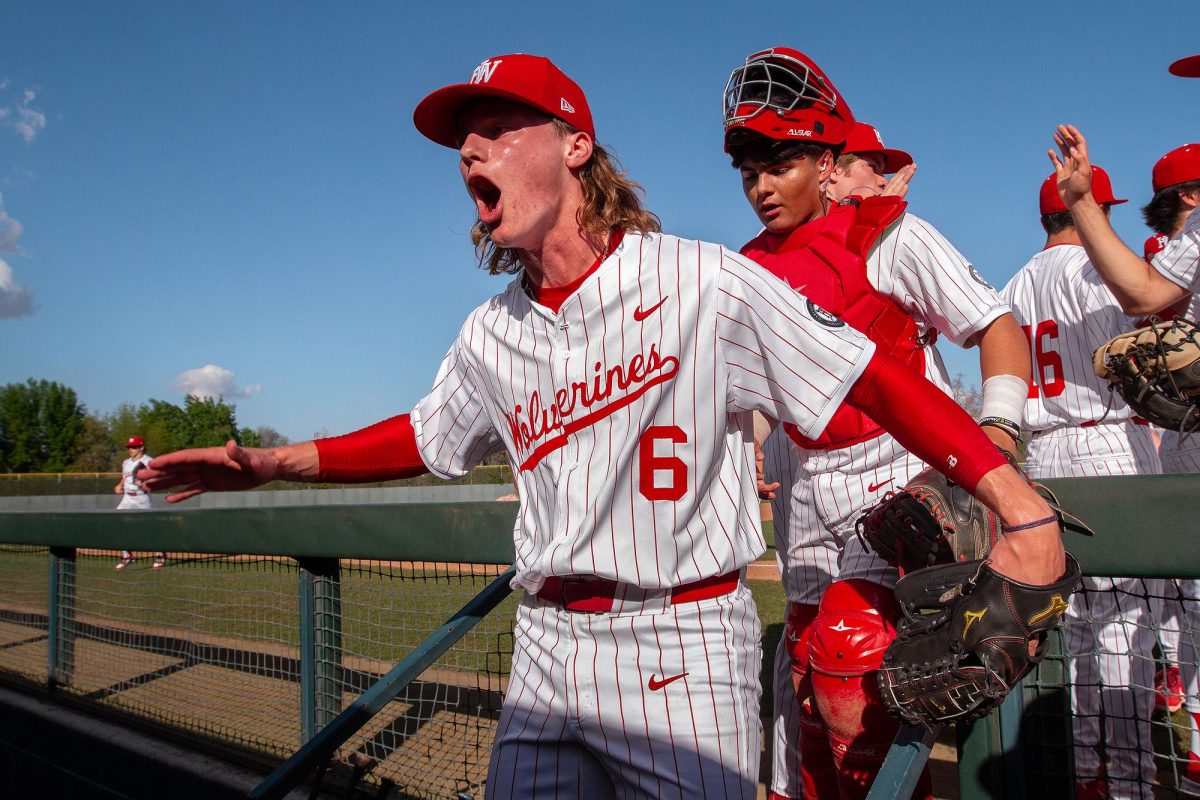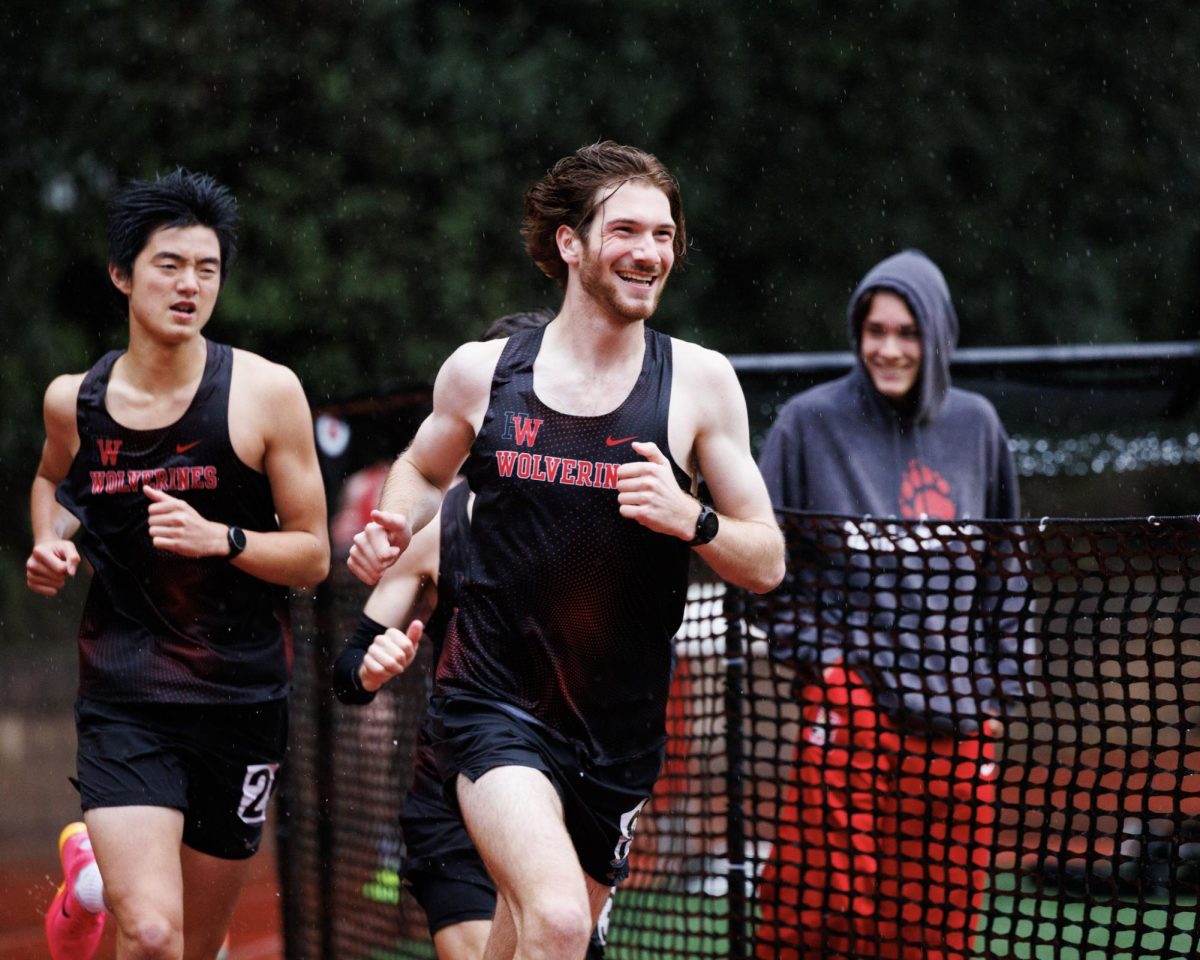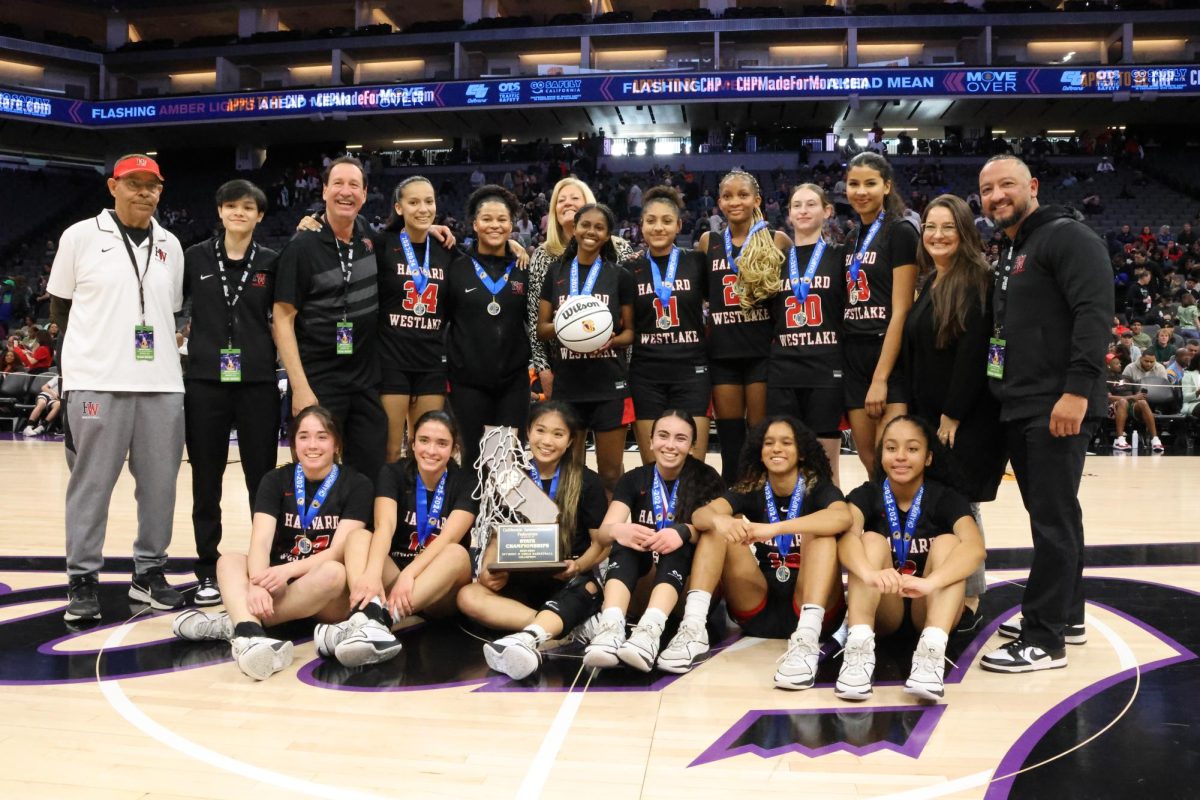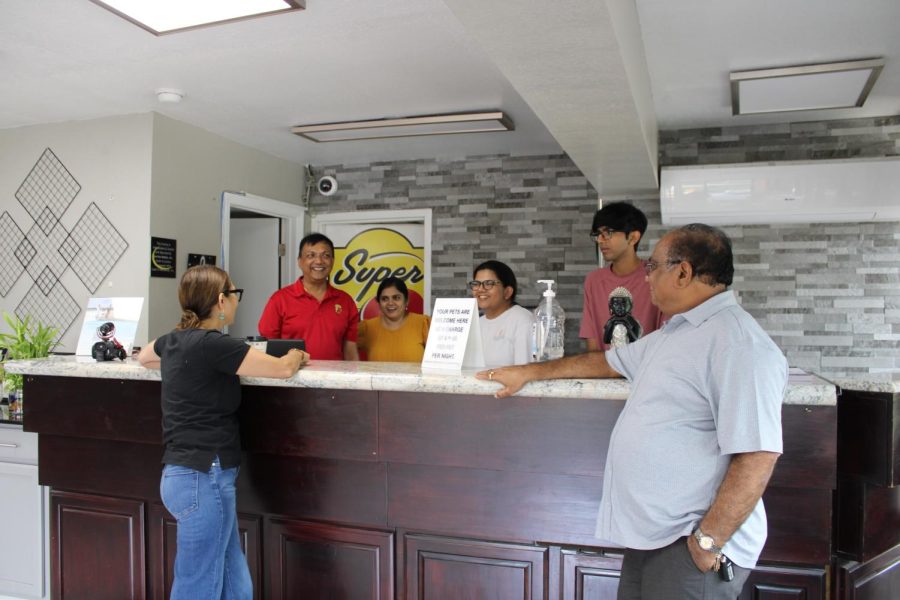The deans may institute a policy next year that would require Harvard-Westlake students to treat any Single-Choice Early Action application to Harvard, Yale, Princeton or Stanford as an Early Decision application. This would mean that the school would not support any additional applications by students accepted early to any of these four colleges and would refuse to send the materials or transcripts necessary to complete these extra applications.
“If a student is accepted early to one of these four, he or she will be expected to commit to the university without submitting any further applications,” upper school dean Adam Howard said.
If students who apply early to one of these schools, collectively known as the “Big Four,” are not accepted, they will be free to apply to as many schools as they wish during the Regular Decision period.
“This is a policy in regards to early applications,” Howard said. “If the student is denied or deferred, they would certainly be encouraged to [apply] elsewhere.”
If implemented, the policy will be steadfast, with minimal leniency, Howard said.
“There would be financial exceptions, but it would frankly be incredibly rare, as Harvard, Yale, Princeton and Stanford offer the best financial packages in the country,” Howard said.
The deans began talking about the possible regulation after a recent trip to New York City, where they visited top prep schools, most of which already have a policy like this in place, Howard said. Some schools were in fact even stricter.
The schools in New York guidelines treat all Early Action applications as Early Decision, except for early applications to the University of Michigan. The reason for these stricter policies is to help students communicate their serious interest when applying early to non-binding colleges like Tulane University and Boston College that are not as hyper-selective as Harvard, Stanford, Princeton and Yale, upper school dean Sharon Cuseo said.
“If making Early Action binding helps more kids get into the schools they want to go to from Harvard-Westlake, then I’m all for it,” Matt Thomas ’17 said. “Unfortunately, the downside is some students would have less freedom in choosing schools, but it is my understanding that kids only apply to a school for Early Action when it is their number one choice. In that case, if they get in, it doesn’t matter that they won’t be able to apply anywhere else because they won’t want to go anywhere else.”
However, this policy would take away from students accepted early to a “Big Four” school the opportunity to potentially change their minds if they are accepted somewhere else, a freedom that some students consider valuable.
“I think I disagree [with this policy] because it leaves no room for change of mind,” Oliver Friedman ’17 said. “While it helps other applicants, I don’t think it is fair for [Harvard-Westlake] to decide where you can apply. You should be able to go anywhere that accepts you, and for the school to limit that is wrong, I believe.”
Another benefit of this policy is that it would free up some admissions spaces at schools that might be considered “backups” to some students, but “reach schools” to others.
By requiring students who are admitted early to one of the “Big Four” to accept the offer, other students who want to attend these types of schools might have a better chance of admission during Regular Decision because they would have fewer students to compete with.
“It’s important to note that there are no quotas at any of these schools,” Cuseo said. “So there weren’t specific ‘spots’ being taken, but we have so many qualified students in these [applicant] pools that [this policy] might create access for a wider range of Harvard-Westlake applicants.”
This is not the first time that the deans have talked about a regulation like this.
“The policy has been loosely discussed for a number of years, but it was only in the last couple that we really became serious,” Howard said.
The deans are seriously thinking about whether to institute this policy now because they noticed that some of the students admitted early to one of the “Big Four” schools this year might have appreciated a rule like this, which would have prevented the possibility that they might have a more difficult decision later on after they received more acceptances from their Regular Decision applications, Cuseo said.
“We believe that most students can look at all of those colleges before Nov. 1 and decide which one they are most interested in,” Cuseo said. “Nothing really changes too much between Nov. 1 and May 1. And even if they discover something later that makes another school slightly more appealing or appropriate, we don’t believe that anyone will suffer from being forced to attend Harvard, Yale, Princeton or Stanford.”



































